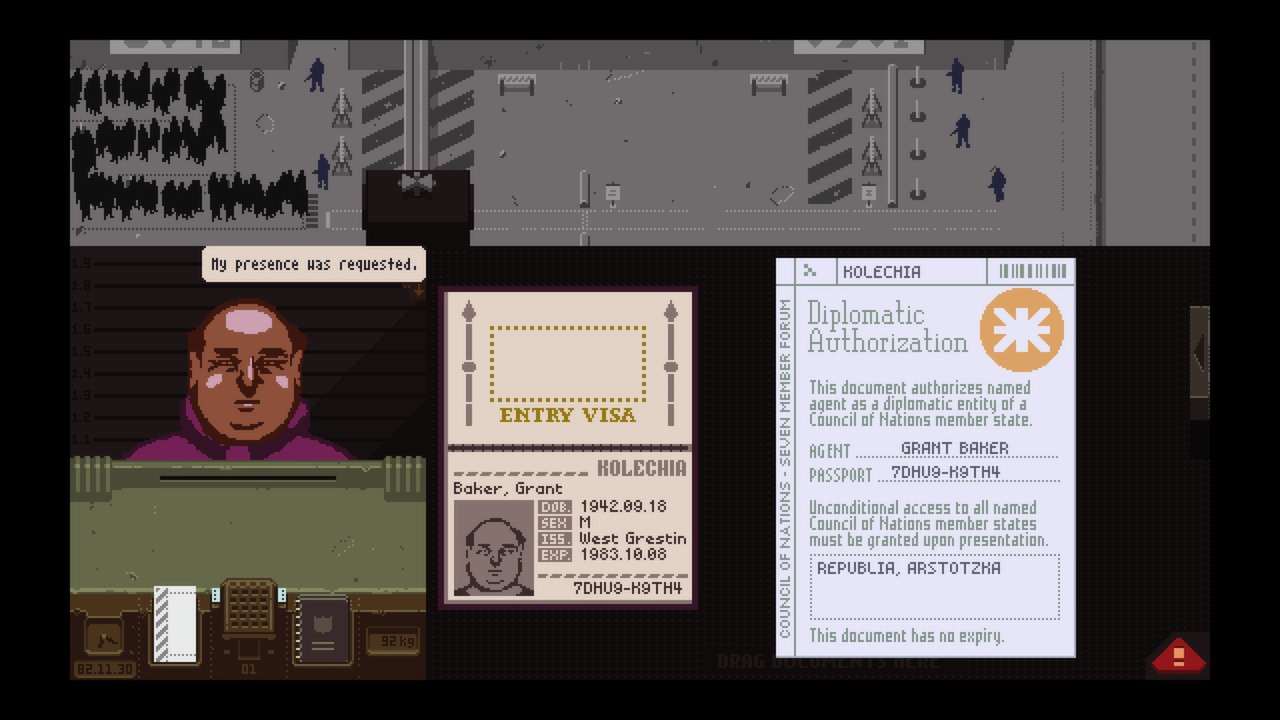

In 1936, foreseeing the collapse of the League, Doty decided that the only way to secure world peace was through education of the young. Doty continued to play a part in the peace movement first as International Secretary for the WILPF in Geneva, then as editor of Pax International for the League of Nations. In 1919 she married pacifist, Roger Baldwin, who later founded the ACLU.

She published Short Rations: An American Woman In Germany in 1917 and Behind The Battle Line in 1918. For the latter she traveled around the world and was in Russia during the 1917-1918 revolution. She then became a correspondent for the New York Tribune and Good Housekeeping. In 1915, with Jane Addams and forty-three other women from the U.S., she attended the Women's Peace Congress at The Hague.

Doty's pacifist principles placed her among an international circle of pacifist women who believed that women's exclusion from warmaking councils gave them an objective view which made them more natural peacemakers than men. Out of this experience she published Society's Misfits (1916) about juvenile and women's prison reform. As a member of New York's Prison Reform Commission in 1913, she voluntarily spent a week in prison to investigate conditions. After practicing law for five years in New York City, her interest turned to children's courts and delinquency and for three years she was secretary of the Russell Sage Foundation Children's Court Committee. Madeleine Zabriskie Doty was born in Bayonne, New Jersey, August 24, 1877.
#Papers please game aclu series#
The incomplete manuscript of the autobiography is included in Series IV, along with her Ph.D thesis, "The Central Organisation For A Durable Peace, (1915-1919)," short diary entries, memos and articles. They include photographs of Roger Baldwin, David Graham Phillips, Emmeline and Frederick Pethick-Lawrence, Eleanor Roosevelt, John Galsworthy, Mahatma Gandhi, George Bernard Shaw, Salvador de Madariagra, Judge Ben Lindsey, Aleksandr Kerensky, and Maksim Gorkey. Within Series III there is a set of photographs which were originally intended to accompany her autobiography "Tap On The Shoulder" (1963). In addition there is a small amount of miscellaneous correspondence with publishers and business associates as well as a number of letters with indecipherable or unidentified signatures. (Doty and Baldwin were married from 1919-1925.) There is a small amount of family correspondence which includes three letters from Doty to her family written from Russia in 1917-1918 during the early days of the Russian Revolution. They write to her about their common interests in peace, socialism, prison reform, women's suffrage, child welfare, conditions in the countries of Europe before and after the wars, and the international education movement which culminated in the idea of a year of study abroad for American college students.Īlso included in the correspondence series there are letters of a more personal nature from David Graham Phillips, early 20th century muckraker and novelist (1907-1910), and Roger Baldwin, writer, socialist, founder and director of the ACLU (1918-1963). Over 300 letters dating from 1906 to 1963 form the bulk of the collection, most of which are from friends and associates in both this country and Europe. The Madeleine Zabriskie Doty Papers consist of 1.3 linear feet (4 document boxes) of correspondence, photographs, printed material, memorabilia, three small notebooks of day to day jottings kept during her last months, an incomplete typescript of her unpublished autobiography, and a printed copy of her doctoral thesis.


 0 kommentar(er)
0 kommentar(er)
